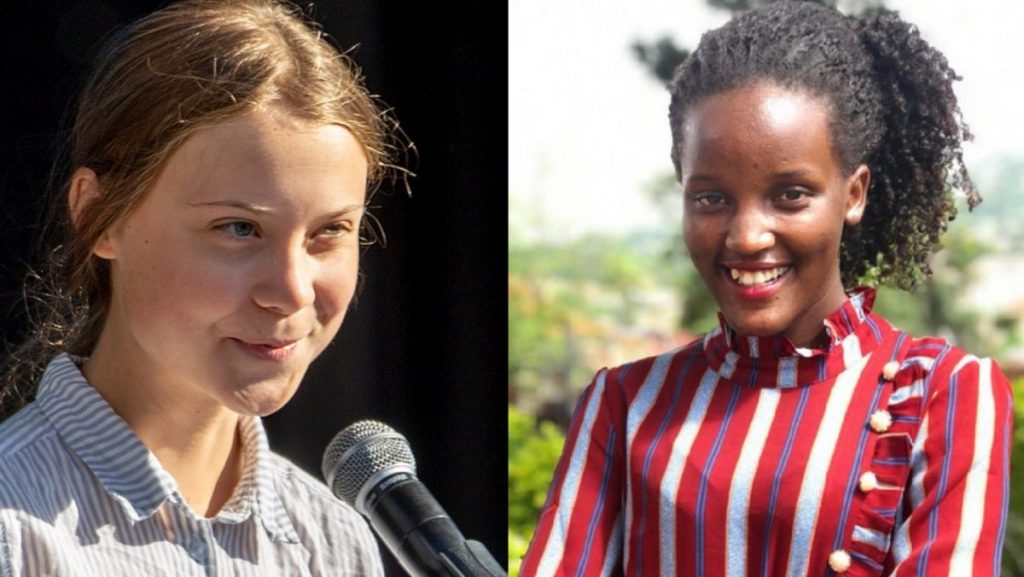
As the U.N. Climate Change Conference gets underway in Scotland, media organizations the world over are paying close attention. But what two especially prominent climate change activists want to know is, will they report on it properly?
In an open letter published in Time magazine, Greta Thunberg and Vanessa Nakate directly addressed “media editors around the world” about the role they have to play — and the negative role they have played thus far — in curbing some of the most harmful effects of climate change.
They begin by listing recent headline-grabbing examples of extreme weather incidents, such as wildfires and hurricanes, which they then note are only part of an even larger problem. And many news organizations have failed to fully discuss the bigger picture, they say.
Such events “are the kind of things you report about. Sometimes. The climate crisis, however, is much more than just this,” the letter reads. “If you want to truly cover the climate crisis, you must also report on the fundamental issues of time, holistic thinking and justice.”
The letter then discusses each of those elements: the “ticking clock” reality of climate change’s worsening impacts, the outsized impacts of big polluters like large corporations and wealthy nations, and the ways in which climate change will disproportionately impact the world’s most marginalized, vulnerable populations.
“[W]e need immediate, drastic, annual emission reductions unlike anything the world has ever seen. And as we don’t have the technological solutions that alone will do anything close to that in the foreseeable future, it means we have to make fundamental changes in our society,” the letter states. “This is the uncomfortable result of our leaders’ failure to address this crisis.”
Thunberg and Nakate add, “Your responsibility to help correct this failure cannot be overstated.”
By covering climate change through these specific lenses, the duo says, a broader group of people can be more effectively reached, and galvanized into action. And by sparking that reaction, perhaps the most severe consequences of climate change can be avoided, they add.
“You are among our last hopes,” the letter concludes. “Whether or not you choose to rise to that challenge is up to you. Either way, history will judge you.”



